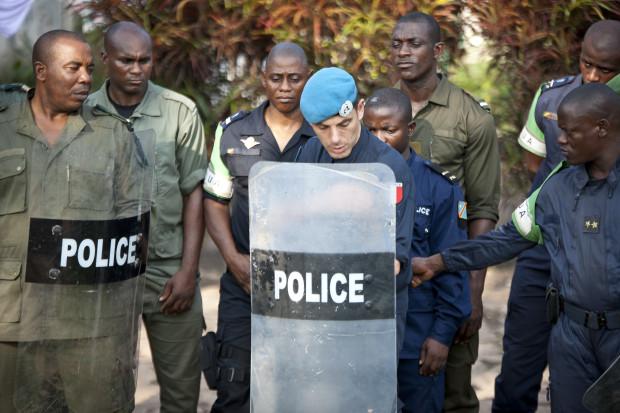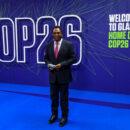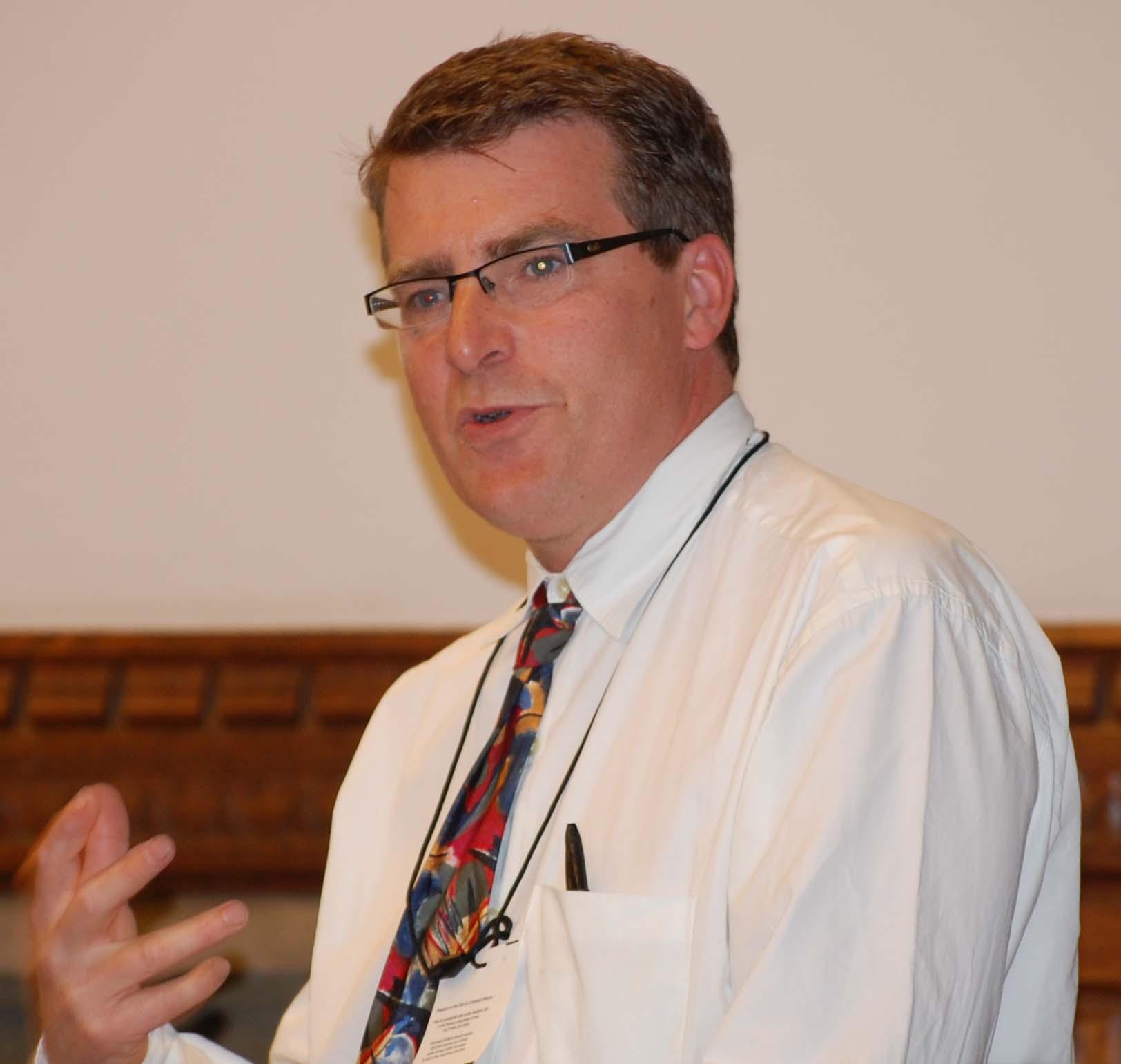Will (re)constructing the CAR’s security sector help protect its population? – By Gabriella Ingerstad


A police officer of the UN ‘MINUSCA’ deployment in CAR oversees training of police units of the AU-led ‘MISCA’ contingent.
Amnesty International recently published a report calling for the investigation, prosecution and punishment of the perpetrators in the on-going violent conflict in CAR. The report identifies former officers of the Forces Armées Centrafricaine (FACA) currently in command of anti-balaka militias. The militias have committed serious crimes under international law and are responsible for other human rights abuses.
The interim report from the UN Panel of Experts on CAR reveals a similar pattern. There is no clear distinction between militia men and members of the state security forces. Many Seleka commanders present themselves as FACA officers, dressed in the uniform of the national army. Anti-balaka commanders comprise FACA officers, gendarmes and police officers; some of them still on pay-roll of the current government.
“˜Sobel’, a portmanteau of “˜soldier’ and “˜rebel’, describes the fluid loyalties of armed men in war zones who interchangeably appear as rebels and soldiers. The root causes of this “˜sobel’ phenomenon in CAR must be a priority for the government and the international community. The presence of sobels is often an indication that a war is profitable for both rebels and soldiers, providing them with an incentive to lengthen the conflict to maximise their earnings.
The prospect of illegal exploitation of diamonds, gold and ivory in CAR makes continued war and chaos lucrative for certain people. Therefore it is crucial to provide those individuals with other economic opportunities, and to combat illegal trafficking of resources.
The state security forces have been the main perpetrators of human rights abuses and violence against civilians in the past, in particular the FACA and the Presidential Guard. During the current crisis this complete lack of loyalty, discipline and professionalism within the forces became evident once again.
Although previous violence never reached the levels seen over the last year, the people of the CAR have been left to fend for themselves, having faced a constant threat from rebels, criminals and abusive state security forces for decades. The predatory state and its attached institutions have constituted one of the main threats to the population.
At some point, the government must provide the population with security and (re)build the security sector. President Catherine Samba Panza has stated that there is a need to reconstruct the FACA into a republican army, which serves to rebuild the country, but the international community has been reluctant to rearm the military. This isn’t exactly surprising given that re-united FACA soldiers lynched a civilian in front of international press following a ceremony during which the President held a speech on reconciliation and the role of the army.
Previous attempts to (re)construct the security sector in the CAR, including the FACA, show that it is a daunting task. Neither the state security forces nor the government have been able or willing to transform the security sector into an institution that serves the security interests of the population.
So, what are the prospects for reforming (or rather constructing) the security sector this time around in order to improve the security situation of the population?
If the international community wants to support the (re)construction of the security sector, focus should be on the law enforcement services. A major issue during the current crisis has been the complete lack of law and order, which ideally is dealt with by law enforcement agencies, not the army. For the rule of law to prevail, the whole chain of law enforcement must function including the police and gendarmerie, the judicial system and prisons. Basic infrastructure has to be rebuilt and the widespread fear among magistrates, lawyers and other judicial personnel must be addressed.
According to Amnesty’s report, members of the police and gendarmerie are unwilling to take the risk of even going to their offices to resume work. Prisons are dysfunctional and inmates suspected of crimes have escaped. Officers from the police and gendarmerie who fill the ranks of the militias must be excluded from the forces, in particular if proven guilty of human rights abuses.
The current security situation is a consequence of the widespread impunity that has prevailed throughout the country for many years. Therefore accountability for crimes committed is essential.
In CAR, (re)constructing the army means more than simply merging different rebel factions into a so called “˜national army’. To integrate ex-combatants (many of them former or actual FACA) into a dysfunctional army, de facto comprising of militia men guilty of human rights abuses, will not improve the security of the population. Rather the whole concept of the role of the military must be re-invented, including de-militarisation of politics. That will take decades of political and societal change.
In the meantime, it will be difficult to keep militia men, human rights abusers and war criminals out of the security forces for one obvious reason. Armed men, mainly interested in enriching themselves, once again sit at the negotiating table. Violence is the established mode of competition in CAR and will continue to be so as long as the only way to access resources and obtain influence is through a gun.
History teaches us that rebel leaders in CAR rarely accurately represent those they claim to. More often than not soldiers on the ground have never heard of the leader representing them in negotiations. While the leaders get their greed and grievances addressed, the population is abandoned.
Depending on the military balance of power at the time, different political entrepreneurs take control of the state which exists as a predatory vehicle of the political elite. Any attempt to capacitate the state in CAR (including the security sector) without considering the complete absence of a social contract between the state and all citizens, will prove disastrous.
Gabriella Ingerstad works as an analyst in African security at the Swedish Defence Research Agency and has previously published a report analysing the reform of the security sector in CAR. Recent publications include a conflict analysis of the ongoing violent conflict in CAR.





